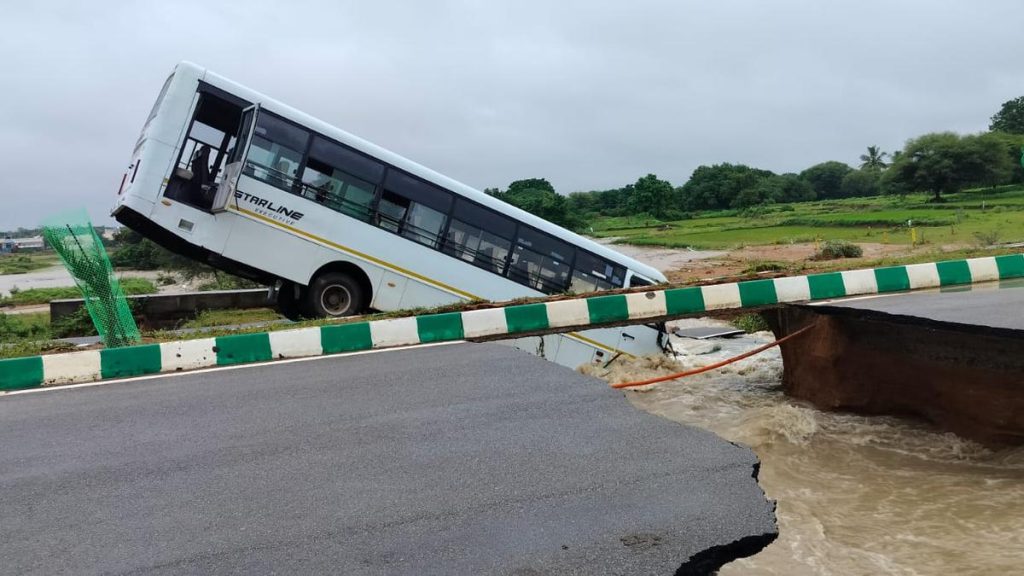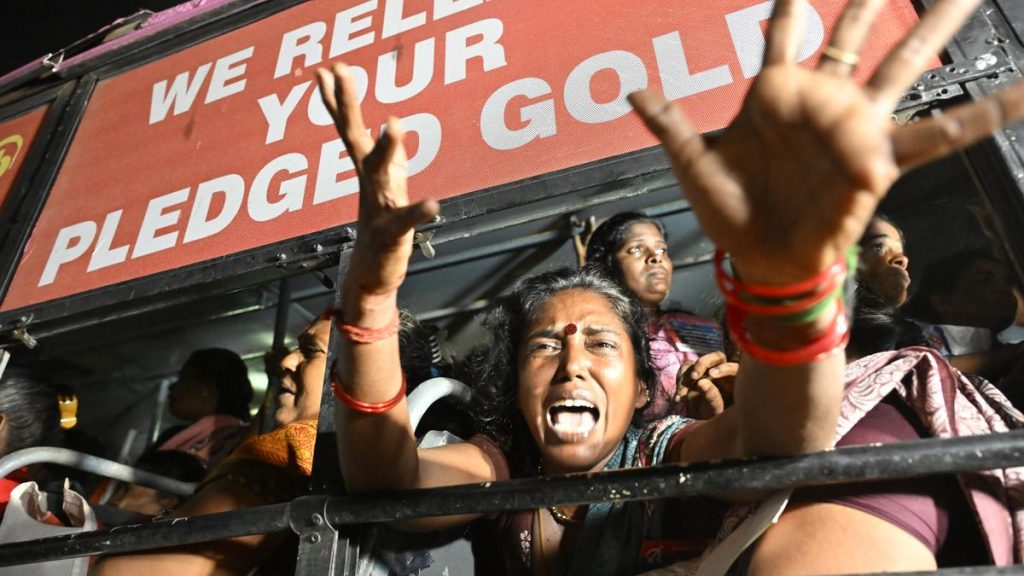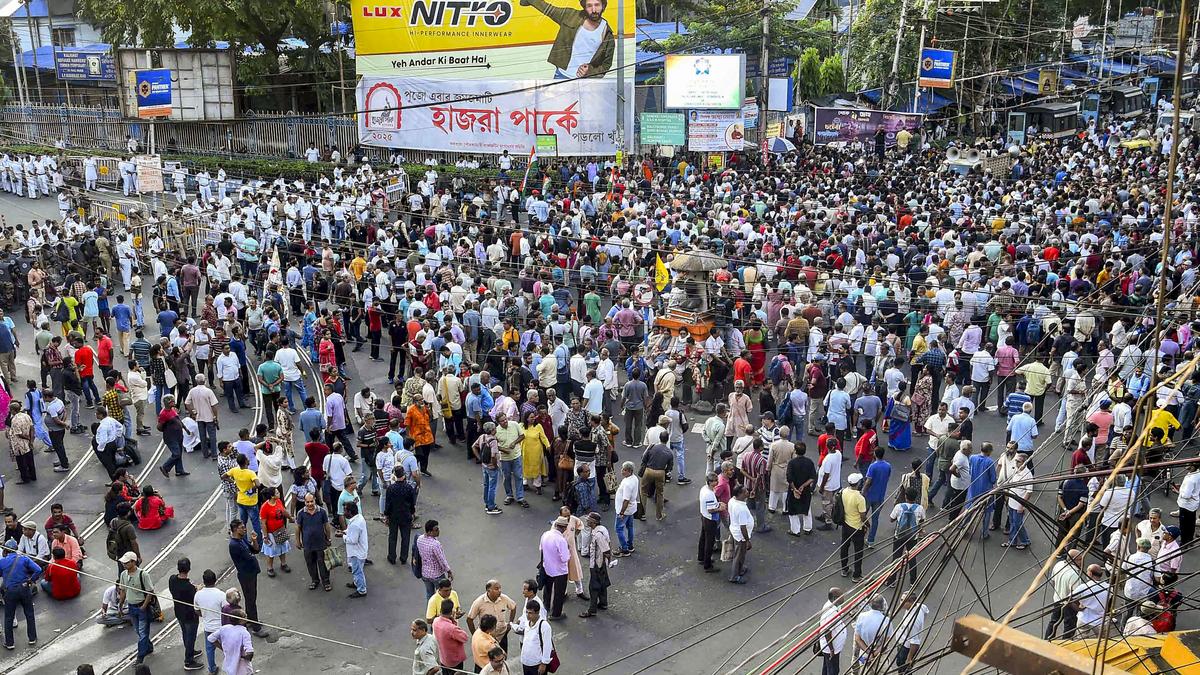Now Reading: Bombay High Court: Aadhaar, Voter ID Not Proof of Citizenship in Bail Plea Rejection
-
01
Bombay High Court: Aadhaar, Voter ID Not Proof of Citizenship in Bail Plea Rejection
Bombay High Court: Aadhaar, Voter ID Not Proof of Citizenship in Bail Plea Rejection
Fast Summary
- The Bombay High court dismissed the bail plea of Babu Abdul Ruf Sardar, accused of illegally entering India from Bangladesh and forging Indian identity documents.
- The court cited national security concerns, ongoing investigations, and risks of evidence tampering or absconding.
- Justice Amit Borkar emphasized the Citizenship Act,1955 as the primary law for determining nationality in India and stated that possession of identity documents like Aadhaar or PAN card does not establish citizenship.
- Allegations include violations under laws such as Bharatiya Nyaya sanhita (2023), Passport (Entry into India) Act (1950), and Foreigners Order (1948). Charges relate to illegal entry without permission and using falsified documents to claim Indian citizenship.
- Advocate Jyotiram S. Yadav argued for Mr.Sardar’s bona fide status citing valid Indian-linked records, but Additional Public Prosecutor Megha Bajoria highlighted digital evidence indicating Bangladeshi origin and risks of absconding or destroying evidence.
- Verification of Mr. Sardar’s Aadhaar card with UIDAI is reportedly pending.
- The court allowed renewal of his bail request if the trial is not completed within one year.
Indian Opinion Analysis
this case underscores India’s heightened scrutiny on immigration-related offences amid growing concerns over illegal entry and organized networks involving identity fraud. By reaffirming adherence to the Citizenship Act rather than reliance on secondary identification documents like Aadhaar or PAN cards,courts signal stricter enforcement protocols that aim to deter misuse while enhancing fidelity in national identification systems.
The denial further highlights broader implications for legal structures addressing illegal immigration-suggesting a tough line on forged identities amidst ongoing investigations into systemic vulnerabilities such as document verification processes through UIDAI or other agencies.
While concerns raised regarding legal due process remain relevant-for instance, delays in trials-the decision reflects judiciary caution against premature release in cases tied closely to public safety risk evaluations.
Read more: https://www.thehindu.com/theme/images/th-online/1x1_spacer.png























